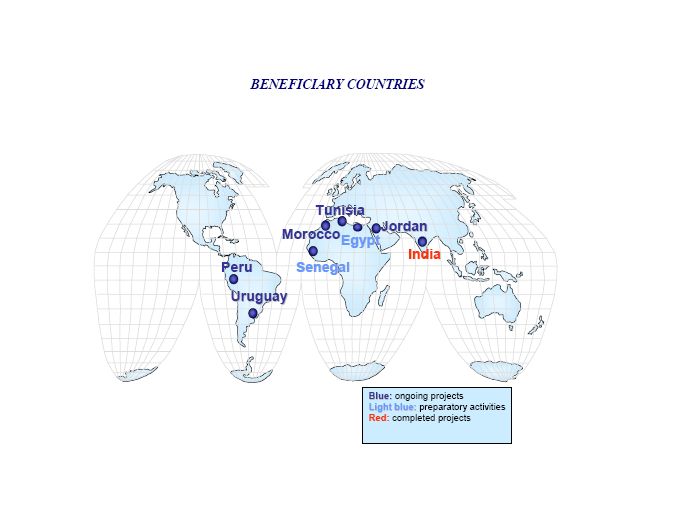SMEs usually have difficulty in exporting to foreign markets: they may lack the necessary knowledge and financing, may not meet foreign regulatory requirements, or may produce products in quantities or quality that are not adequate for foreign buyers, among many other potential problems. However, these problems can often be overcome through cooperation among SMEs. By combining their knowledge, financial resources and contacts within an export consortium, SMEs can significantly improve their export potential and reduce the costs and risks involved in penetrating foreign markets.
What is an export consortium?
An export consortium is a voluntary alliance of firms with the objective of promoting the export of goods and services of its members through joint actions.
An export consortium is a formal organization to promote medium- to long-term strategic cooperation among firms, and it organizes joint activities to facilitate access to foreign markets. Most consortia are non-profit entities, and members retain their financial, legal, managerial, and commercial autonomy. So, despite their participation in the export consortia, member firms do not give up any control over their business to others. This is the main difference between consortia and other types of strategic alliances.
Benefits of export consortia
By cooperating with other firms within an export consortium, SMEs can effectively penetrate and increase their share of foreign markets, at reduced cost and risk. At the same time, members can improve their profitability, achieve productivity gains and accumulate knowledge through various types of joint action that are not directly related to export marketing, such as joint management training programmes, joint certifications, improve shop floor procedures, and the like.
UNIDO assistance
UNIDO can assist developing countries by:
- 1. Supporting the creation of export consortia in different sectors;
- 2. Training national promoters of export consortia, in the public or private sectors;
- 3. Promoting a favorable institutional and regulatory environment for the development of export consortia; and
- 4. Benchmarking of international practice.
This assistance combines the lessons learned in UNIDO’s long experience in SME cluster and network development, with other UNIDO areas of expertise in investment promotion, quality management, industrial upgrading, and agro-industry development. UNIDO is currently implementing export consortia projects in North Africa, Latin America and Asia.
UNIDO has also forged a strategic knowledge partnership with FEDEREXPORT, the Italian Federation of Export Consortia, which has the broadest experience in the world for developing export consortia and for promoting relevant regulatory frameworks.
